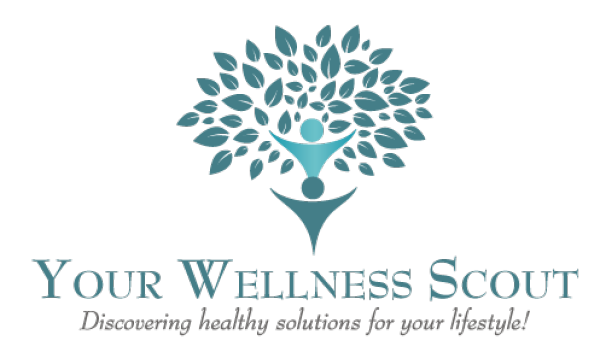It was once fat, then gluten, corn, dairy, soy and now, it’s sugar (unless some of you remember Suzanne Somers’ diet regime that involved cutting sugar). Sugar is the next new FAD to avoid. Yes, sugar has been a major study of Dr. Lustig (Click here for his video on Sugar). I personally want to read more of his theories on sugar & its chronic destruction of many of our bodily systems. Sugar is everywhere. When fat was
"evil", high sugary substances rose inconspicuously alongside low fat foods, diet drinks and fat free snacks. Metabolic syndrome increased, candida became rampant, and ADHD became the new catch-all problem for children. I’m not here to write about the effects of sugar on the body’s metabolism and bodily functions, but rather, like all food items, we should eat sugar in moderation.
Sugar is the one nutritional substance that doesn't have an FDA suggested recommended intake. In my research, I have seen a suggested daily limit of 40 grams so I established this as my standard. Recently, I read that men should limit themselves at 40 grams and women at 25 grams and in another article, the World Health Organization reduced the amount to 25 grams for everyone read here....wow. Okay. So back up. Let’s apply the new “standards” to what’s really out there. When I was looking at some protein/energy bars, one bar was upward of 25g of sugar per bar. I thought just getting half of my additional sugar intake was pretty bad, to now find out that this one bar was the entire ALLOTMENT. How can I make the educated choice between getting enough energy and not taking in too much sugar? It’s a daily battle I find.
For those of you who have a fried tooth over a sweet tooth (unlike me), you may not find this reduction in sugar intake a problem. I, on the other hand love to have my cake & eat it too - especially in the evening. I've been able to curb the "need" in the afternoon with higher protein lunches & fruit in lieu of "sugar-ness" (I call this craving for candy “Sugar-ness” not the “sweetness” that also is found in fruit & sweet vegetables). I also know that I'll always have to have some type of sugar infused dessert in the evening, so I use the 5 D's to reduce. (see below). Then there's even the topic of fruit sugar (fructose). Those very strict sugar avoiders even eliminate fruit, but I find the latter to be a good substitute for those trying to weed out the products with added sugars (i.e. processed baked goods). The fruit as a sugar and types of sugar (natural vs added) is topic for later – so stay tuned. In the meantime here are some quick tips for navigating the sugar space, to curb those cravings, moderate the intake and attempt to eat only 20 grams of ADDED sugar each day.
- Eat home baked desserts. NO BOXED, PACKAGED desserts. If you have to unwrap it (unless part of a homemade picnic lunch), don't ingest it. Your body knows how to process, absorb and use real butter and sugar (sucrose). It does not know how to digest high fructose sugar (HFC) and other processed sugars.
- Try the 5 D's when the “sugar-ness” craving hits: Distract, Delay, Distance, Determine & Decide
- Have a sweet potato - half at lunch time or as that 3pm snack. I didn't believe this when I first read it, but it's true and it works! If you have a cold, it’s especially good to eat a sweet potato because reducing sugar reduced congestion.
- Increase your protein intake at lunch
- If reading labels follow these guidelines:
- Try to make sure one serving isn't your ENTIRE daily intake or even half. Thus, only 10 -12 g of added sugar per serving.
- If it has more than 10- 15g then eat half of it (i.e. ,a Cliff bar - half now, half later).
- Type of sugar - is the sugar from a date, dried fruit or is it chocolate, cane sugar, brown rice syrup, agave, sweetener or added sugar? Read the ingredients. If the source is not a known whole foods (e.g, dates, fruit, dried cranberries) then the sugars are additive. Natural sugars (fructose) are processed differently in the body than added sugars (lesser of the two "evils" again for those really getting detailed). See pic below
- Try to not eat sugar any sooner than 2 -3 hours before bed (I fail at this ALOT). It will affect your sleep and actually induce morning grogginess. I've tested this and much to my own disdain, the reality of the findings proves the following: less sugar = morning alertness.
- Top 5 Sugar Free Snacks (without added sugar that is)
- Others!? – let me know!



